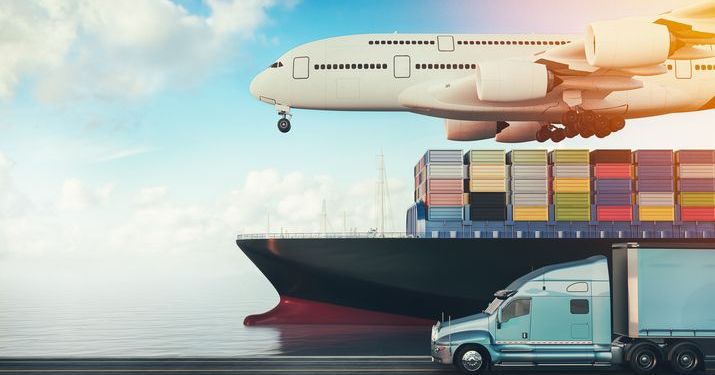In the dynamic landscape of modern commerce, logistics delivery services have emerged as the unsung heroes, redefining efficiency in the intricate dance of supply chain management. The relentless march of e-commerce, fueled by the digital revolution, has elevated the importance of timely and seamless delivery to unprecedented heights. Today, consumers demand not just products but a seamless, swift, and transparent journey from the virtual shopping cart to their doorsteps. In response, logistics delivery services have stepped onto the center stage, orchestrating a symphony of operations that spans transportation, warehousing, and last-mile delivery. The shift towards just-in-time inventory models and the demand for real-time tracking capabilities have placed an immense burden on logistics providers to innovate and optimize their processes continually. The advent of advanced technologies has been a catalyst in this logistical evolution. Automation, artificial intelligence, and data analytics have become the cornerstones of efficiency in the realm of logistics delivery services. Smart routing algorithms optimize delivery routes, minimizing fuel consumption and reducing carbon footprints.

Warehouses are now equipped with robotic systems that efficiently pick and pack items, accelerating the order fulfillment process. Furthermore, machine learning algorithms predict demand patterns, enabling companies to preemptively position inventory where it is needed most. These technological advancements not only enhance speed and accuracy but also contribute to cost-effectiveness, a crucial aspect in an industry where margins can be razor-thin. Real-time tracking has become the norm rather than a luxury, offering customers unprecedented visibility into the whereabouts of their orders. The integration of GPS technology, RFID tags, and sophisticated tracking systems ensures that every step of the delivery process is traceable. This transparency not only instills confidence in consumers but also provides valuable data for companies to analyze and optimize their operations further. The ability to proactively communicate delays or provide accurate estimated delivery times has become a key differentiator in the fiercely competitive logistics landscape.
Efficiency in logistics delivery services is not confined to the operational realm; it extends to sustainability considerations as well of freight and logistics companies. As environmental consciousness permeates consumer expectations, logistics companies are under increasing pressure to adopt eco-friendly practices. Electric and hybrid delivery vehicles, coupled with initiatives to reduce packaging waste, showcase the industry’s commitment to a greener future. Sustainable practices are not just a moral imperative but also a strategic necessity in an era where corporate responsibility is a significant factor influencing consumer choice. In conclusion, the redefinition of efficiency in logistics delivery services is an intricate dance between technological innovation, operational optimization, and environmental responsibility. As the heartbeat of the global supply chain, these services play a pivotal role in shaping the consumer experience. The constant pursuit of faster, smarter, and greener solutions underscores the industry’s commitment to meeting the evolving demands of the modern marketplace. The efficiency redefined in logistics delivery services is not just a benchmark; it is a dynamic journey, adapting and evolving to the ever-changing rhythms of commerce in the digital age.
